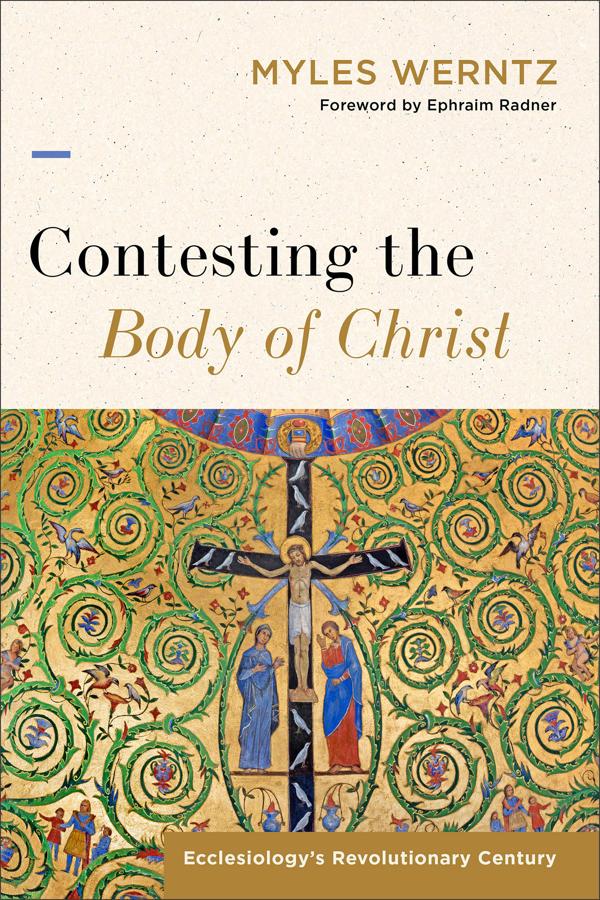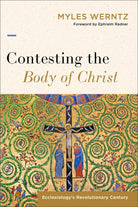New Release
Contesting the Body of Christ
$24.99
Unit price
/
Unavailable
Shipping calculated at checkout.
Couldn't load pickup availability
Contesting the Body of Christ


